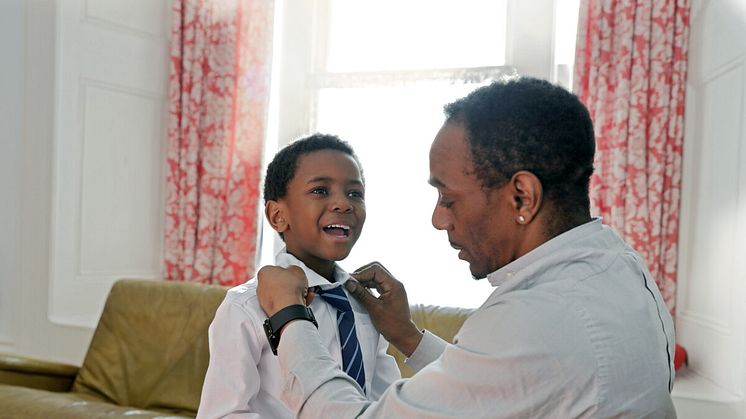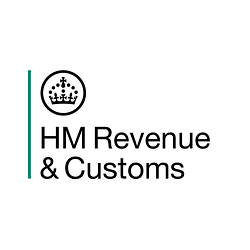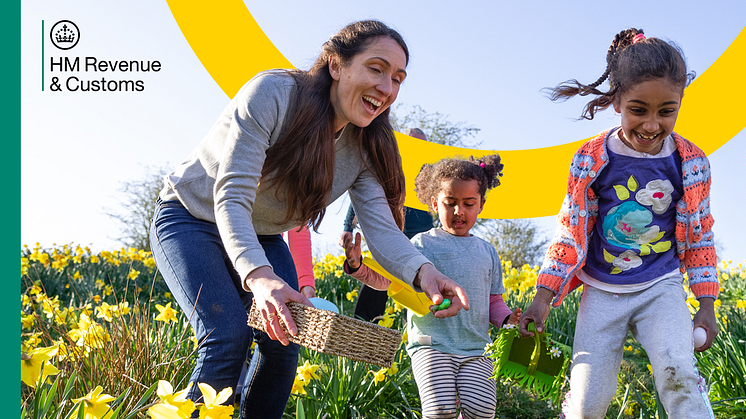
Press release -
Crack your Easter childcare costs with tax-free top ups
With the Easter school holidays nearly here, HM Revenue and Customs (HMRC) is reminding families not to miss out on government help to pay for childcare.
Tax-Free Childcare can pay for any approved childcare for children aged 11 or under, or 16 if the child has a disability. More than 405,000 families used the scheme in December 2022 with each benefitting from a share of £41.5m in government top ups.
Working families, where each parent or carer earns up to £100,000 can use it, meaning for every £8 paid into an online account they will receive an additional £2 from the government. This means parents and carers can receive up to £500 every 3 months (£2,000 a year for each child), or £1,000 (£4,000 a year for each child) if their child is disabled.
Whether children go to nursery, a childminder, attend breakfast, after school or holiday clubs, as well as out of school activities, Tax-Free Childcare could be used.
Opening a Tax-Free Childcare account is quick and easy and can be done at any time of the year. Families who have not yet signed up should check their eligibility and apply online today.
Victoria Atkins, Financial Secretary to The Treasury, said:
“Tax-Free Childcare provides extra help with childcare costs which could make all the difference to working families and make childcare expenses more manageable. I would urge families to go online today to find out how it can help you.”
Myrtle Lloyd, HMRC’s Director General for Customer Services, said:
“Childcare is so important for working families, especially during school holiday time. Tax-Free Childcare provides financial support when it’s needed the most. Search ‘Tax-Free Childcare’ on GOV.UK to find out how it could help you.”
A Tax-Free Childcare account can be opened online in just 20 minutes. Money can be deposited at any time to be used straight away, or whenever it is needed. Unused money in the account can be withdrawn at any time. Go to GOV.UK to register and get started.
Families could be eligible for Tax-Free Childcare if they:
- have a child or children aged 11 or under. They stop being eligible on 1 September after their 11th birthday. If their child has a disability, they can receive support until 1 September after their 16th birthday
- earn, or expect to earn, at least the National Minimum Wage or Living Wage for 16 hours a week, on average
- each earn no more than £100,000 per annum
- do not receive tax credits, Universal Credit or childcare vouchers
A full list of the eligibility criteria is available on GOV.UK.
The government is offering help for households. Check GOV.UK to find out what cost of living support, including help with childcare costs, families could be eligible for.
Notes to Editors
- For more information about Tax-Free Childcare and how to register.
- Latest Tax-Free Childcare statistics were released on 15 February 2023. Data is available up to December 2022.
- More than 405,420 families in the UK saved on their childcare costs with Tax-Free Childcare in December 2022, an increase of over 77,500 from the previous year, with each family receiving a share of the £41.5 million in government top-up payments.
- HMRC has produced a Tax-Free Childcare guide for parents, which explains the reasons and benefits for signing up to the scheme.
- Each eligible child requires their own Tax-Free Childcare account. If families have more than one eligible child, they will need to register an account for each child. The government top-up is then applied to deposits made for each child, not household.
- Account holders must confirm their details are up to date every 3 months to continue receiving the government top-up.
- Childcare providers can also sign up for a childcare provider account via GOV.UK to receive payments from parents and carers via the scheme.
- Follow HMRC’s Press Office on Twitter @HMRCpressoffice
Related links
Topics
Categories
Issued by HM Revenue & Customs Press Office
HM Revenue & Customs (HMRC) is the UK’s tax authority.
HMRC is responsible for making sure that the money is available to fund the UK’s public services and for helping families and individuals with targeted financial support.





